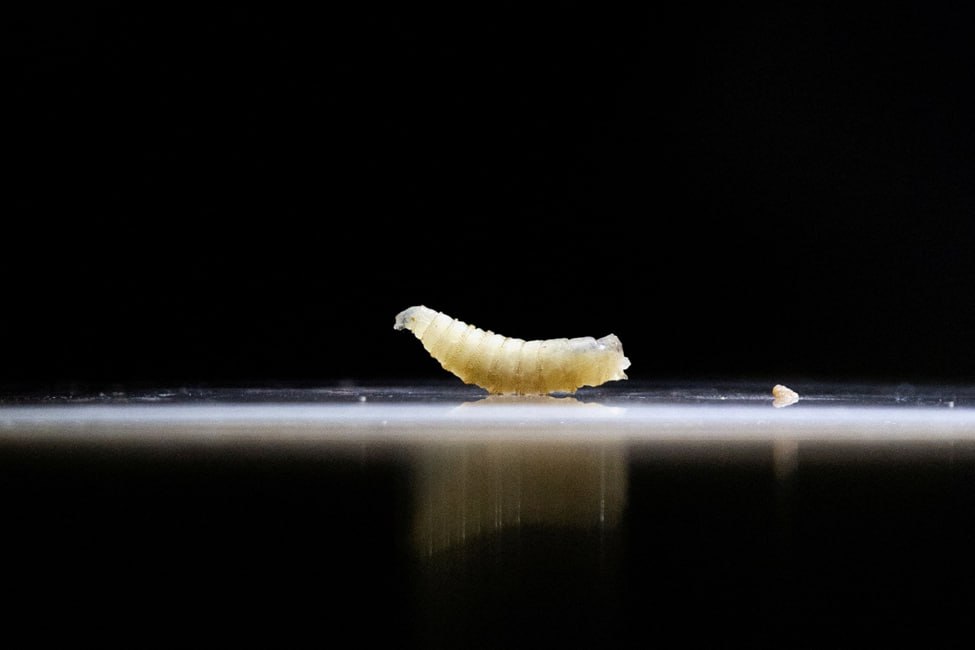A case of the flesh-eating screwworm parasite has been identified in a person in Maryland who had traveled to the United States from Guatemala, according to four sources familiar with the situation.
The person, who received treatment in Maryland, is the first new confirmed case this year in the U.S. of New World screwworm, a parasite that eats cattle and other warm-blooded animals alive, as an outbreak escalates and moves northward from Central America and southern Mexico.
Beth Thompson, South Dakota’s state veterinarian, told Reuters on Sunday that she was notified of the case within the last week by a person with direct knowledge of the Maryland case.
A second source, who asked not to be identified, said they had seen emails sent by an executive of the industry group Beef Alliance on August 20 to about two dozen people in the livestock and beef sectors, informing them that the U.S. Centers for Disease Control and Prevention had confirmed a human case of screwworm in Maryland in a person who had traveled to the U.S. from Guatemala.
State veterinarians learned about the human case in Maryland during a call last week with the CDC, according to one source. A Maryland state government official also confirmed the case.
CDC deferred questions to Maryland on a call with state animal health officials, Thompson said.
“We found out via other routes and then had to go to CDC to tell us what was going on,” she said. “They weren’t forthcoming at all. They turned it back over to the state to confirm anything that had happened or what had been found in this traveler.”
A CDC spokesperson and a spokesperson for the Maryland Department of Health did not immediately respond to requests for comment.
The confirmed case comes just over a week after U.S. Department of Agriculture Secretary Brooke Rollins and other government officials traveled to Texas to announce plans to build a sterile fly facility there as part of efforts to combat the pest.
WHAT ARE SCREWWORMS?
Screwworms are parasitic flies whose females lay eggs in wounds on any warm-blooded animal. Once the eggs hatch, hundreds of screwworm larvae use their sharp mouths to burrow through living flesh, eventually killing their host if left untreated.
Screwworms can be devastating in cattle and wildlife, and rarely infest humans, though an infestation in either an animal or a person can be fatal.
Treatment is onerous, and involves removing hundreds of larvae and thoroughly disinfecting wounds. But infestations are typically survivable if treated early enough.
The August 20 emails from the Beef Alliance executive, whose content was shared with Reuters, said the positive human case of New World screwworm in Maryland had been confirmed that day.
A follow-up email from the same group said that due to patient privacy laws, there were no other details available. The person was treated and prevention measures were implemented in the state, the email said.






